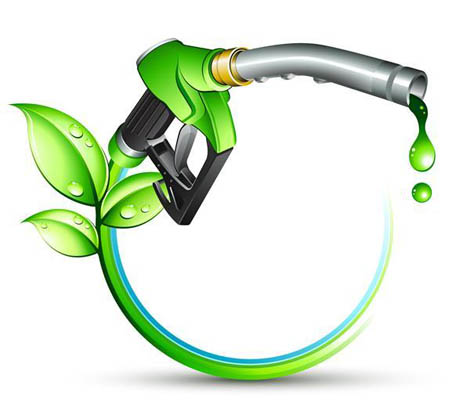 Instead of reducing carbon dioxide (CO2) emissions, as expected, the use of biodiesel in road transport is increasing global transport emissions in Europe by almost 4%, according to reveals an analysis done by the European Federation of Transport and Environment (T&E) – of which Quercus is a member – the most recent European Commission study on biofuels.
Instead of reducing carbon dioxide (CO2) emissions, as expected, the use of biodiesel in road transport is increasing global transport emissions in Europe by almost 4%, according to reveals an analysis done by the European Federation of Transport and Environment (T&E) – of which Quercus is a member – the most recent European Commission study on biofuels.
According to the environmental association Quercus, which is part of T&E, "this excess of polluting emissions is equivalent to putting around 12 million additional vehicles on European roads in 2020".
Within the scope of this T&E analysis, the 7% contribution limit of biofuels produced from agri-food crops, approved by the European Commission, was taken into account.
After successive delays, the study carried out by several consultants for the European Commission concludes that biodiesel produced from soy, palm and rapeseed has emissions associated with indirect changes in land use (ILUC, its acronym in English).
These emissions occur when new or existing farmland is used to produce biofuels, and these alone exceed the emissions associated with the entire life cycle of fossil diesel.
 T&E's analysis also adds other direct emissions from biofuels associated with plowing the land, harvesting crops, using fertilizers, etc., and subtracting alternative fossil fuel emissions from them.
T&E's analysis also adds other direct emissions from biofuels associated with plowing the land, harvesting crops, using fertilizers, etc., and subtracting alternative fossil fuel emissions from them.
On average, biodiesel produced from virgin vegetable oil leads to 80% higher emissions than the fossil diesel that replaces it. For example, biodiesel produced from soy and palm produces emissions two and three times higher than fossil diesel, respectively. Biodiesel is the most consumed type of biofuel in Europe, and by 2020 it is expected to represent almost 70% of the biofuel market in the European Union.
In total, more than three quarters of biofuels – including bioethanol and biodiesel – are projected to have greenhouse gas emissions throughout their entire life cycle equal to or greater than gasoline and diesel emissions by 2020.
Quercus and T&E consider that the European Commission has finally revealed the "failure of European policy, in betting on first-generation biofuels, to be even more resounding than previous scientific studies indicated".
In this sense, "the Commission should take, seriously, the commitment to gradually eliminate the mandates and subsidies for the production of these biofuels, at European and national level, from 2020", they stress.
 The 7% limit imposed by the Commission last year on agri-food biofuels has helped to reduce their environmental impact. However, this limit should be progressively reduced from 2020 onwards, as the emissions associated with ILUC contribute to its climate impact.
The 7% limit imposed by the Commission last year on agri-food biofuels has helped to reduce their environmental impact. However, this limit should be progressively reduced from 2020 onwards, as the emissions associated with ILUC contribute to its climate impact.
However, the revision of the Renewable Energy and Fuel Quality Directives did not include emissions associated with ILUC in the accounting of total emissions from biofuels. In other words, biofuels with the greatest climate impact can still count towards EU targets and receive public subsidies.
For Quercus and T&E, first generation biofuels cannot continue to be counted as 'zero emissions'. If so, second-generation biofuels will never be a sustainable alternative.
The Commission is currently reviewing the Renewable Energy Directive and sustainability criteria for all forms of bioenergy, including biofuels, and a proposal is expected to be published in the last quarter of this year.


















Comments